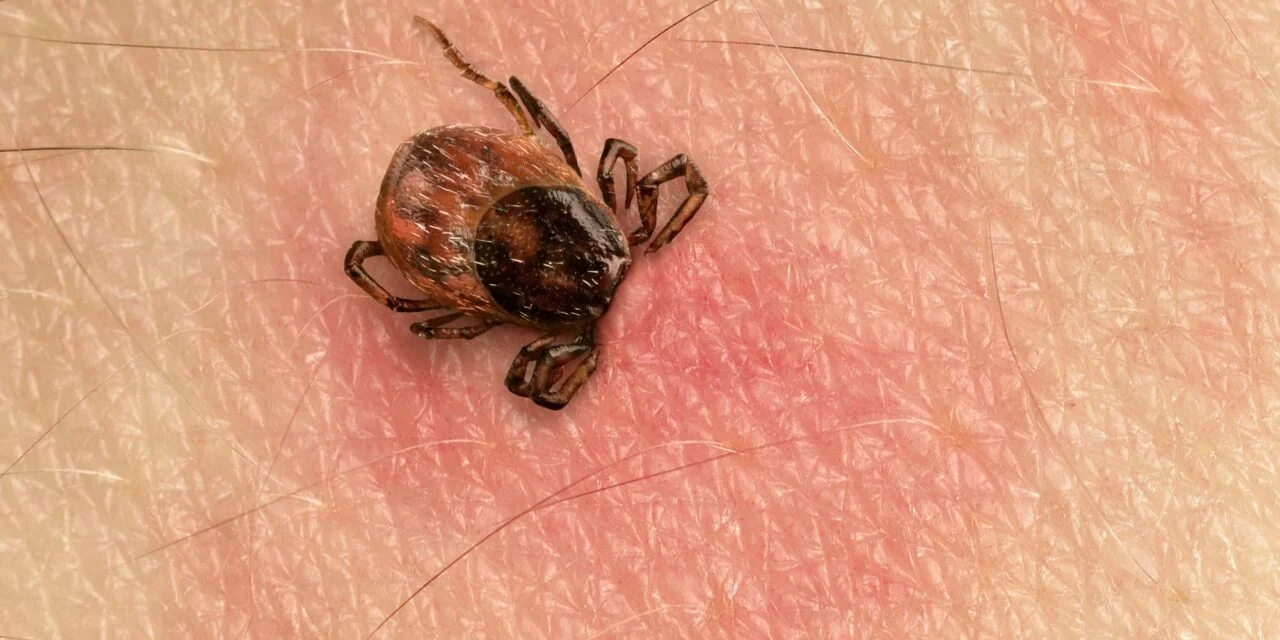Two investigational diagnostics demonstrate significantly higher sensitivity than current CDC-recommended two-tier testing in Journal of Clinical Microbiology studies.
Two investigational single-tier Lyme disease tests have demonstrated superior accuracy in detecting early-stage infections compared to the current CDC-recommended two-tier testing approach, according to independent studies published in Journal of Clinical Microbiology.
The studies, conducted by researchers at Tufts University School of Medicine and Kephera Diagnostics using samples from Bay Area Lyme Foundation’s Lyme Disease Biobank, showed the novel diagnostics far exceeded performance of standard testing, which can miss up to 70% of early-stage cases.
“The CDC’s standard two-tier Lyme diagnostic misses the majority of early cases, delaying treatment and increasing the risk of developing persistent, debilitating symptoms for patients,” says Liz Horn, PhD, MBI, a coauthor on both studies and principal investigator of Lyme Disease Biobank, in a release. “These single-tier tests, like InBios Lyme Detect and Kephera’s Hybrid Lyme ELISA, could mark a turning point for Lyme diagnostics.”
InBios Test Shows Perfect Sensitivity on Two-Tier Positives
The study evaluating InBios Lyme Detect Multiplex ELISA, led by Pete Gwynne, PhD, at Tufts University School of Medicine, found the diagnostic correctly identified all two-tier positive samples while detecting 21 of 79 clinically diagnosed patients with erythema migrans skin lesions who were missed by standard two-tier tests following current CDC guidance.
The InBios test maintained greater than 99% specificity, with only one false positive across more than 200 control and lookalike disease samples, and demonstrated high reproducibility.
“Improving diagnostics for early Lyme detection is critical to reducing missed cases and enabling patient access to treatment when it is most effective, helping prevent disease progression,” says Gwynne, research assistant professor of molecular biology and microbiology at Tufts University School of Medicine, in a release.
InBios’ microarray-based assay captures reactivity against 10 different Borrelia burgdorferi antigens simultaneously, including VlsE and multiple OspC variants, using machine learning to analyze results and identify complex patterns.
“The Lyme Detect Multiplex ELISA offers a significant improvement in early Lyme detection while simultaneously providing important independent IgG and IgM antibody reactivity against a broad panel of targets,” says James Needham, PhD, director of new product development at InBios International, in a release.
Kephera Test Outperforms Two-Tier Methods
The second study found Kephera Diagnostics’ Hybrid Lyme ELISA demonstrated 94% sensitivity in patients with erythema migrans skin lesions, compared to 64% for standard two-tier testing and 76% for modified two-tier testing. The test also outperformed both two-tier methods in detecting patients within the initial week after symptom onset.
The single-tier test achieved equivalent specificity to both standard and modified two-tier testing, based on an approach requiring antibodies to bind both the Borrelia C6 peptide and the VlsE protein. The test is currently in clinical trials to support an FDA submission.
“Our Hybrid Lyme ELISA demonstrates that it’s possible to achieve both high sensitivity and high specificity in a single-tier format, even in the earliest stages of Lyme disease,” says Andrew Levin, PhD, chief executive and scientific officer of Kephera Diagnostics, who led the study using samples from the Lyme Disease Biobank, CDC, and New York Medical College, in a release.
Clinical Need for Improved Testing
Lyme disease represents the most common vector-borne infectious disease in the US, with more than 620,000 new cases annually according to Bay Area Lyme Foundation estimates. The bacterial infection, transmitted through infected tick bites, can be effectively treated if caught early but is commonly misdiagnosed due to lack of awareness and inaccurate diagnostic tests.
Up to 2 million Americans may be experiencing long-term symptoms and complications as a result of diagnostic and treatment difficulties, according to foundation estimates.
Neither investigational test is currently US Food and Drug Administration-cleared for clinical use.
ID 39055915 © Smileus | Dreamstime.com





